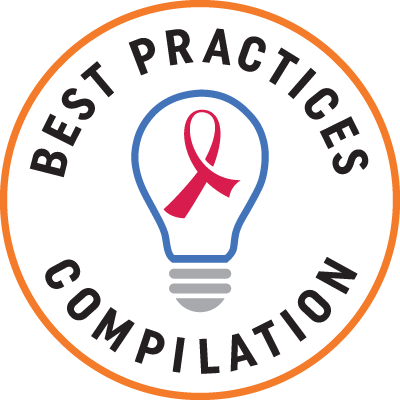Social Media
On
Social media and mobile technology-based interventions represent potential means to facilitate HIV care continuum engagement, particularly among populations (e.g., youth) that make extensive use of mobile technology. Notable uses include broad social media education/awareness programs, messaging services to engage directly with clients, and mobile applications for providers and patients to communicate, track, and exchange information.
Best Practices
- Center for Innovation and Engagement
- IHIP
- IHIP
- IHIP
- University of Texas Health, San Antonio, SPNS HCV Cure among People of Color with HIV
Technical Assistance
TAP-in supports the 47 EHE jurisdictions funded by HRSA to strengthen their EHE work plans, promote cross-jurisdictional learning, and ensure jurisdictions have access to the resources they need. Project period: 2020-2025.
 Platform for RWHAP Part D recipients to increase the delivery of care innovations; increase the skills of staffing working with women, infant, children and youth; and support partner collaboration for dissemination of best practices.
Platform for RWHAP Part D recipients to increase the delivery of care innovations; increase the skills of staffing working with women, infant, children and youth; and support partner collaboration for dissemination of best practices. Initiative documenting best practice strategies and interventions that have been shown to improve HIV outcomes in a "real world" setting and can be replicated by other programs. Project period: 2021-2024.
Initiative documenting best practice strategies and interventions that have been shown to improve HIV outcomes in a "real world" setting and can be replicated by other programs. Project period: 2021-2024.